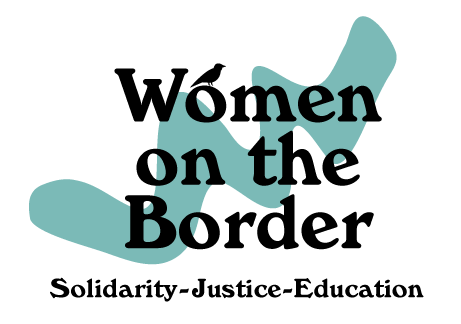Our Board of Directors
SARA PHALEN, J.D., M.A., Executive Director, is based in West Chicago, Illinois. She first connected to Women on the Border in 2005 on an NIU law student delegation as part of a course on women and globalization designed by then professor Elvia Arriola. She joined the Board of Directors in 2010, and as Executive Director Sara provides Women on the Border with a Midwest and national presence.
Read More
Sara is an Illinois attorney with graduate degrees in Applied Anthropology, Nonprofit Management and Museum Studies. Since 2006, Sara has been an organizer and nonprofit administrator working with community groups and cultural institutions to study, educate and raise awareness around issues of social justice in areas with large immigrant populations with links to the Mexican border. In 2009, Sara co-founded People Made Visible, an arts and culture nonprofit that utilizes the arts as a catalyst for social change. In association with People Made Visible and the Museum for the City of West Chicago Sara developed an exhibit funded by the History Channel on the history of Mexican labor migration in agriculture and railroad construction in Illinois leading to the creation of a lasting Mexican-American community in West Chicago. Sara also serves as the Board Chair for the Mexican Cultural Center DuPage.
Contact Executive Director Sara Phalen: executive-director@womenontheborder.org
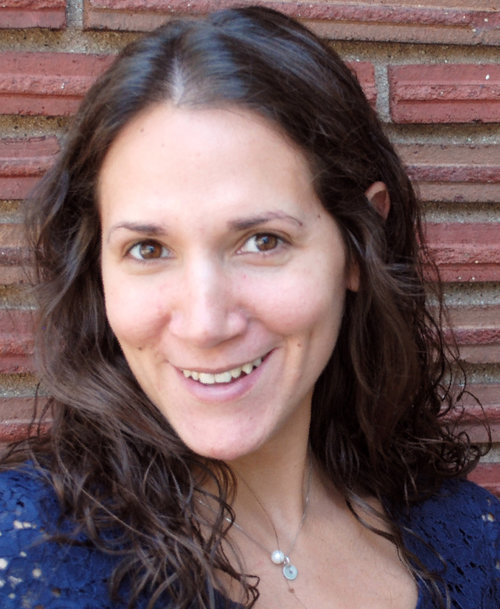
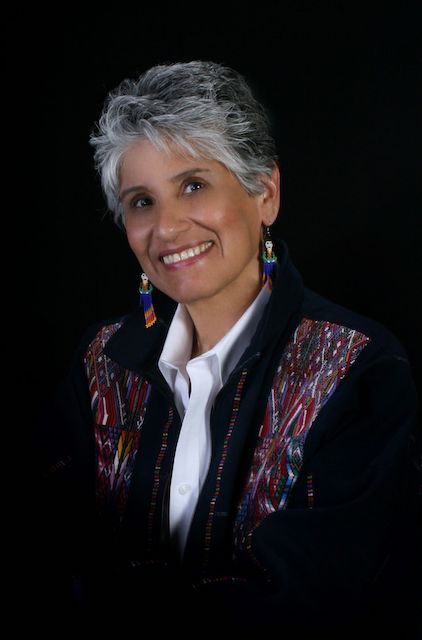
ELVIA ROSALES ARRIOLA, J.D., M.A., Director and Founder of Women on the Border, has been a Professor Emerita from the College of Law at Northern Illinois University since 2016. She is a law graduate of UC Berkeley with an MA from New York University. As an ACLU Karpatkin Fellow, she worked on the reopening of the historic Brown v. Board of Education case. She has also worked as a civil rights lawyer for the New York Department of Law. As a faculty member at the University of Texas School of Law, Arriola began to teach law students how to draw upon gender, narrative, history, and critical thinking to appreciate the shaping and impact of law.
Read More
Arriola credits her interest in exploring the impact of NAFTA on working women and their families at the border to her involvement as a founding member of the Latina/Latino Critical Legal Theory conferences (LatCrit). Her scholarship as a feminist legal theorist on the significant role of gender to the globalizing economy at the Mexican border served as a theoretical basis for the founding of Women on the Border. She articulated a gendered analysis of the impacts of both NAFTA and a militarized Mexican border in a major article, and in shorter essays for the early Women on the Border website. Trained as a Kripalu yoga teacher, Arriola has taken yoga to maquiladora workers as a form of stress relief training. In 2018, Arriola was awarded Lat Crit’s Critical Pioneer Award.
At the NIU College of Law, Arriola taught constitutional law, family law, gender, sexuality and the law, civil rights litigation and a research seminar on women in the global economy. She has performed pro bono legal work in Texas for RAICES at the Karnes Detention Center, Justice for Our Neighbors in Austin, and for the Center for Human Rights and Constitutional Law.
CV and Contact: elvia@womenontheborder.org
JOSEFINA CASTILLO, Ph.D., Director and Co-founder. As a sociologist and as a woman, Josefina has always been concerned with issues addressing social and gender equality. Her personal stance and belief in non-violent conflict transformation is grounded in her faith. These factors have shaped her work as an educator, organizer and activist in academic and non-academic spaces for over thirty years. Josefina believes it is through critical thinking that people can best learn how to perceive oppressive conditions calling for social justice action aimed at improving their lives. “It is through education that people are able to increase awareness of the world around us, and transform our personal lives and those of our community.” Josefina refers particularly to specific oppressions endured by women not only as life givers, but also as reproducers of culture.
Read More
Dr. Castillo worked as Adjunct Faculty of the Universidad Nacional Autónoma de México (UNAM) for seven years, and later on, her enthusiasm for popular education was encouraged through her involvement with Mujeres para el Diálogo, a non-governmental organization based in Mexico City. This job offered an opportunity to learn how to design and implement workshops, seminars and similar events with various groups of women on projects such as literacy campaigns, health, popular education methodology and improvement of self-esteem. This rewarding experience had her working for nine years with urban grassroots women in Mexico City and peasant women in Chiapas and Oaxaca, two of the poorest states of Mexico.
Dr. Castillo served as Director of the Austin office of the Quaker based American Friends Service Committee from 1998 through 2009. In this position in 1999, Josefina spearheaded with local Austin activists, the project of cross-border delegations to meet the women maquiladora workers and activists of the Comité Fronterizo de Obreras. In 2010, this cross-border solidarity project was transformed into Austin Tan Cerca de la Frontera, the community organization which produces delegations to the border to meet and learn from maquiladora workers.
Contact Josephina Castillo: josefina@womenontheborder.org
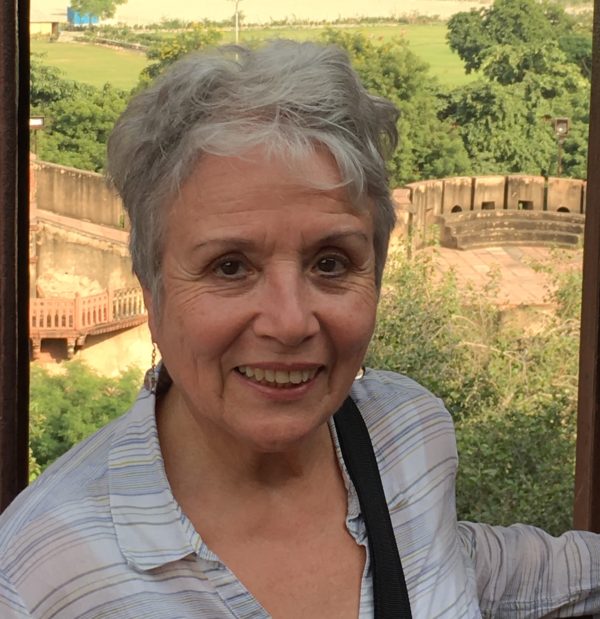
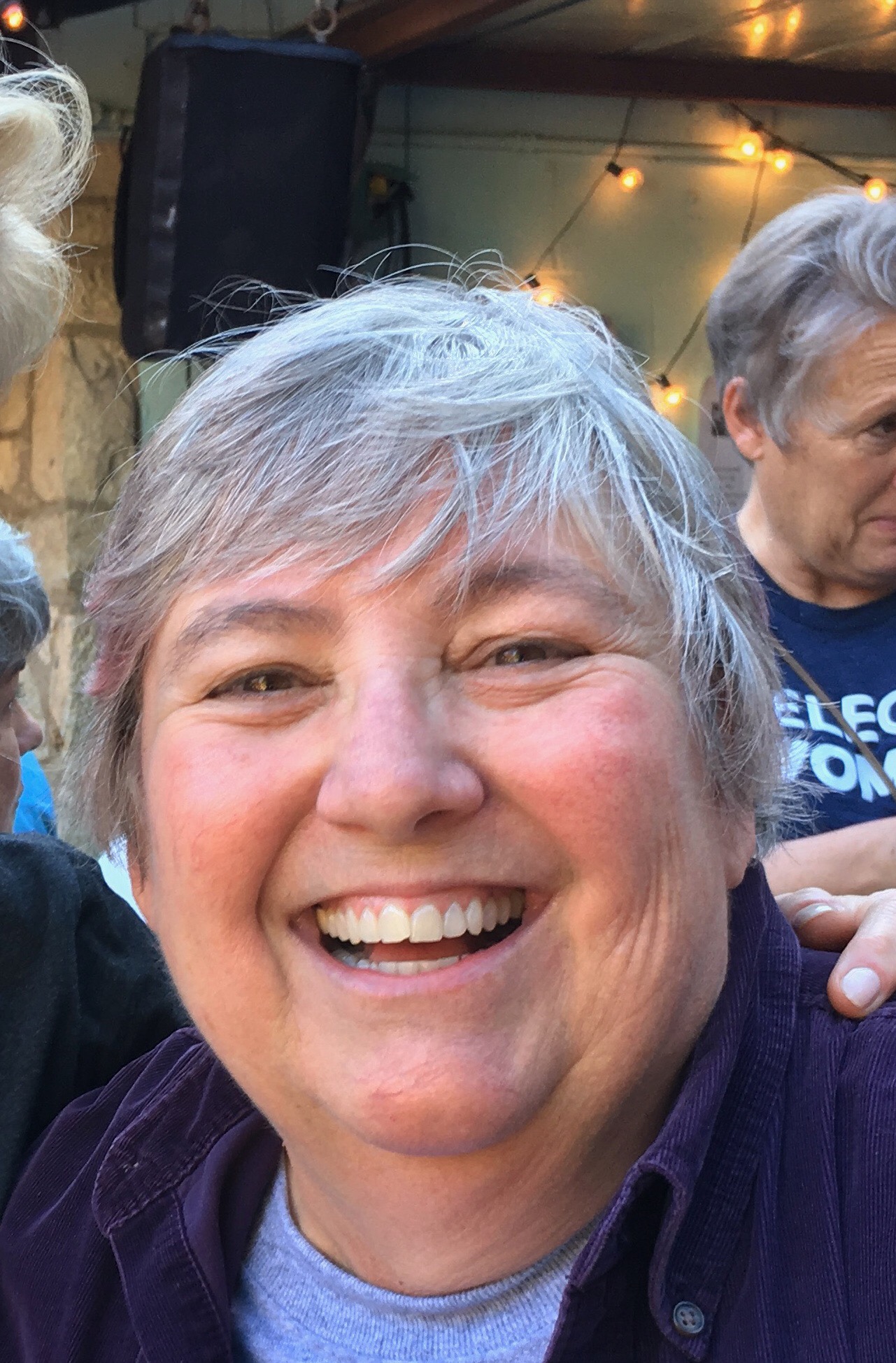
DONNA J. BLEVINS, J.D., M.P.A., Director and Of Counsel to Women On the Border. Donna J. Blevins is a long-time resident of Austin and a former public education lobbyist for teacher groups and property-poor school districts suing the State of Texas over its inequitable school finance system. She earned her law degree from the University of Texas at Austin in 1997 and is currently associated with the Dunken Law Firm and the Mass Torts Institute, based in Houston, Texas.
Read More
After working on disability rights law with Robert Provan & Associates, Donna joined the law firm of Baron & Budd where she began working in the field of toxic tort litigation, specializing in asbestos cases. Now she focuses on pharmaceutical and medical device mass tort litigation at the Dunken Law Firm. Blevins is also a past president of the Texas affiliate of the National Women’s Political Caucus (NWPC-TX).
Contact Donna Blevins: donnab@womenontheborder.org
DONNA HOFFMAN, Director. Donna is a communication and community organizing professional with thirty years’ experience in the non-profit sector. She currently serves as Communications Director for Texas Campaign for the Environment where her most passionate focus is transitioning away from fossil fuels, particularly in the Permian Basin to the Gulf Coast Regions of Texas and Louisiana. Formerly as Communications Coordinator for the Lone Star Chapter of the Sierra Club, she produced over 30 press events, wrote or edited over 200 press releases, pitched stories published in local, state, national and international publications. She curated a photo exhibit from photographers across the State, presented at the Texas State Capitol during the 2011 Legislature. In 2013, Hoffman brought together the leadership of historic Blackshear Elementary School and Huston-Tillotson University to co-found the nonprofit group Blackshear Bridge.
Read More
The organization built community in central East Austin by providing weekly outdoors sustainability education, sustainable food access, and big fun, community garden workdays, including the planting and maintenance of 23 trees, the building of two large rainscapes, and an overhaul of the elementary school track. Hoffman served as Sustainability Coordinator and Director of Blackshear Bridge. The organization commissioned a mural honoring long time Principal, African American educator Friendly R. Rice and organized a reunion of former Blackshear Elementary School community members while reaching out with affordability resources to current vulnerable residents.
Contact Donna Hoffman: donnah@womenontheborder.org
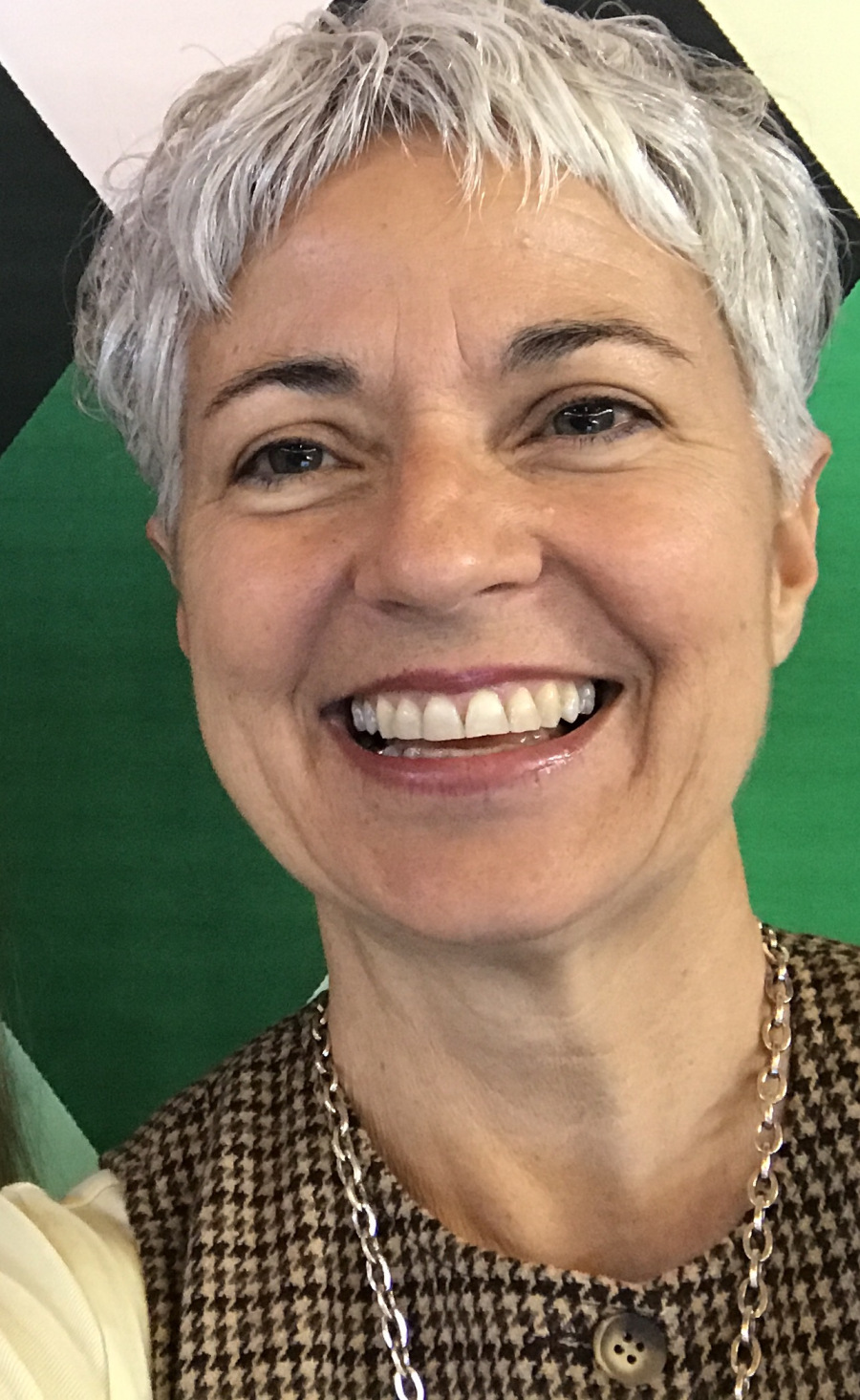
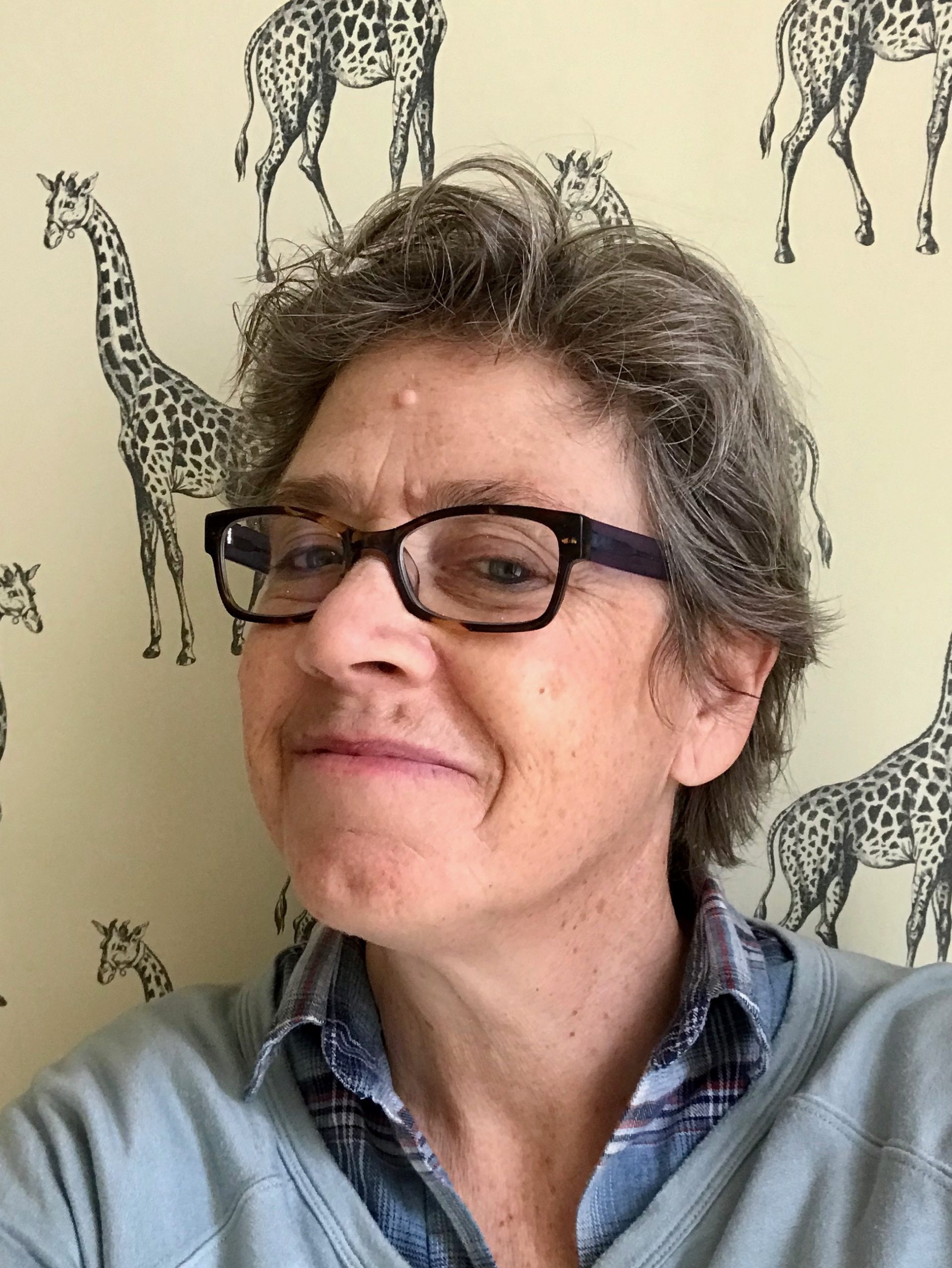
Jess Chapin, Ph.D., Director, has a long history of academic research and activism around the struggles of women, immigrants and gender minorities on the U.S.-Mexico border and within the U.S. Her scholarly work in cultural anthropology addresses issues of gender and border industrialization in Ciudad Juárez, Mexico.
Read More
She has taught as an adjunct lecturer at the University of Texas at Austin and Texas State University and as a Visiting Fellow at the University of Maryland. Her publications include: “From IRCA to Orca: Apprehending the Other in ‘Your San Antonio Experience'” (Journal of Historical Sociology Vol. 7, No.1, March 1994, “Closing America’s ‘Back Door'” in GLQ, A Journal of Lesbian and Gay Studies, Vol.4, No.3, 1998, and “Reflections from the Bridge” in Pablo Vila, ed., Ethnograpy at the Border University of Minnesota Press, 2003.
She has been an active volunteer with Refugee and Immigrant Center for Education and Legal Services (RAICES) which provides legal services to detainees at the Karnes residential immigration facility. Jess also volunteers regularly for Casa Marianella’s family shelter, Posada Esperanza.
Contact Jess Chapin: jess@womenontheborder.org
JUDITH ROSENBERG, Ph.D., Director and Co-founder (1943-2015). Judy Rosenberg was a founding member of Women and the Border and of the community organization Austin Tan Cerca de la Frontera.
Dr. Judith (Hoodeet) Rosenberg, former Coordinator, Austin Tan Cerca de la Frontera (ATCF) and founding Board Member of Women on the Border passed away on International Women’s Day, March 8, 2015.
Our friend so lovingly remembered, Dr. Judith Rosenberg, lived most of her life in New York City and upstate New York.
Read More
Throughout the seventies, Judith worked for Olivetti, a multinational corporation with main offices in Milan, Italy. In that work, she learned how multinational corporations work the international angle to expand profitability. During her time at Olivetti, the angle Judith observed was in manufacturing, and the targets of the exploitable labor were women. In the eighties, Judith also worked in Brooklyn with minority women in an adult literacy program connected to welfare and welfare reform. In the late 1990s Judith returned to school for a Master’s in English at SUNY-Albany focusing her studies on 19th century U.S. women writers.
In 2006, Judith earned a Ph.D. in Rhetoric in from the University of Texas at Austin. Her dissertation, Can The Maquiladora Worker Speak? examines the rhetoric of globalization with the central question being the voices of the working women whose lives are essential to global labor. Judy’s intimate work with activists in the Comité Fronterizo de Obreras, as researcher and ally, was invaluable to her goal of educating the public about the effects of globalization and its gendered economic consequences.

